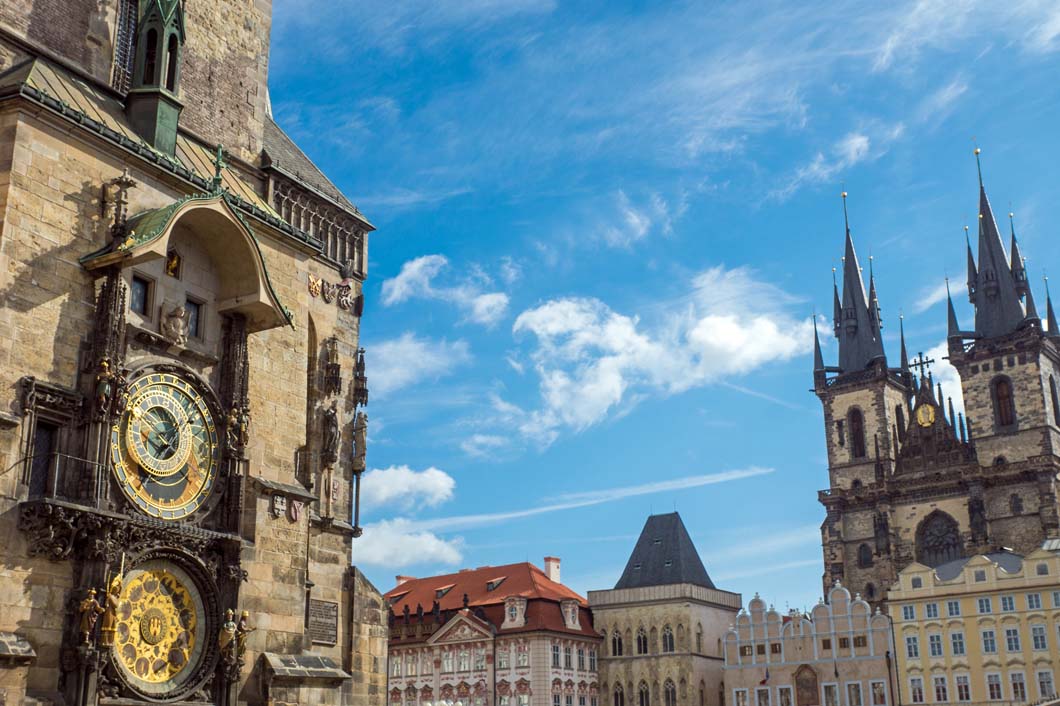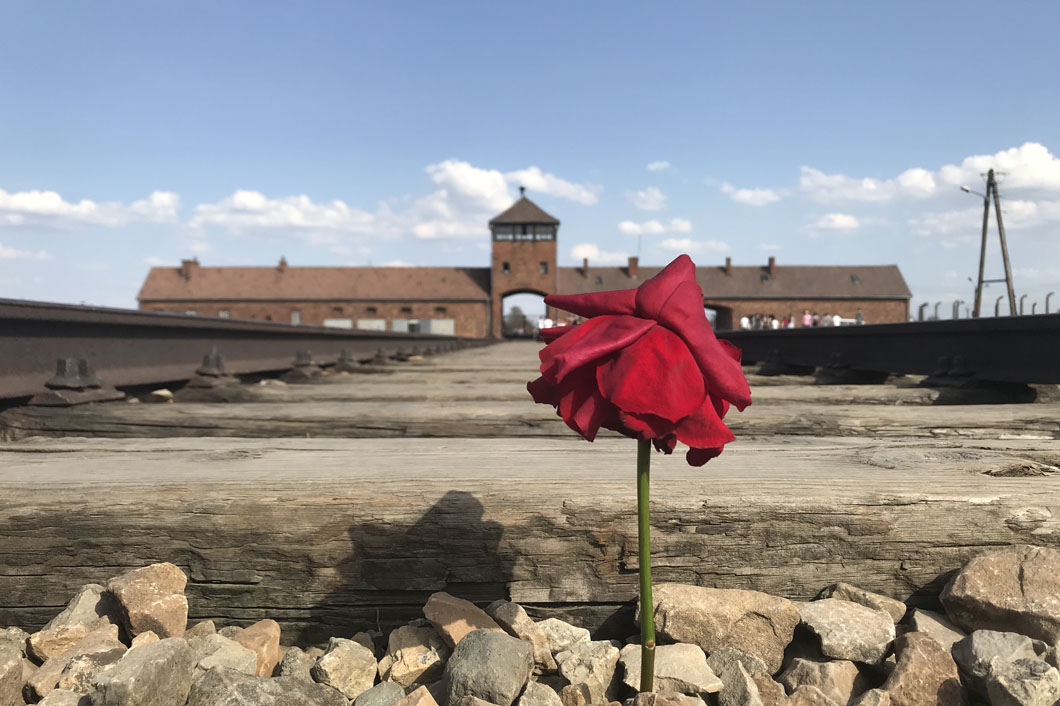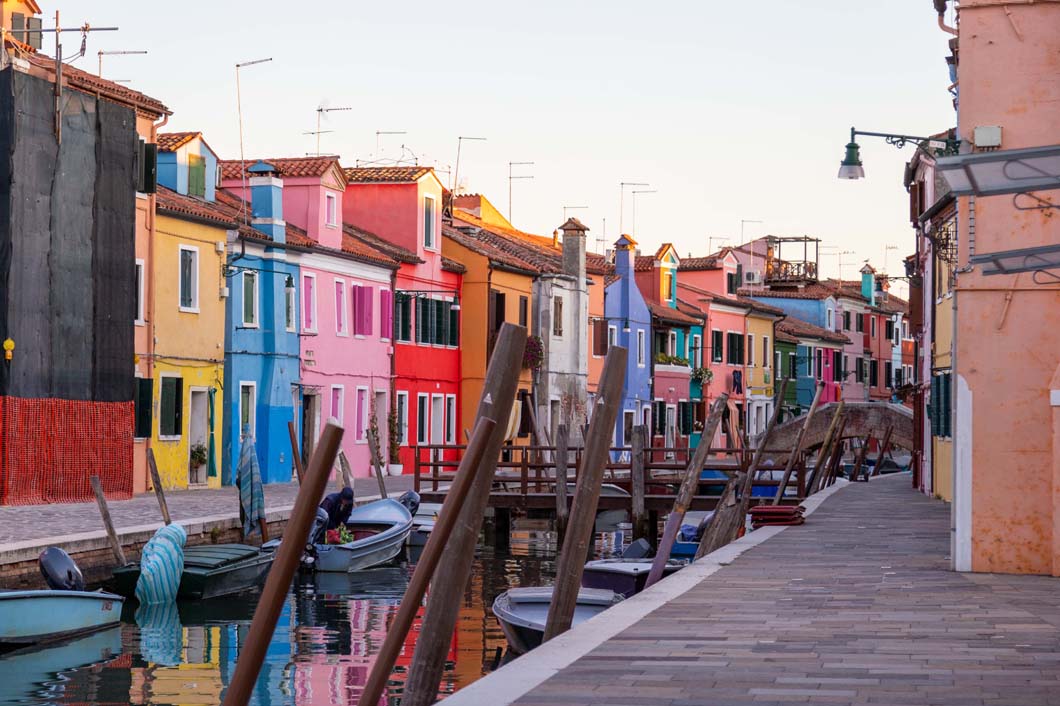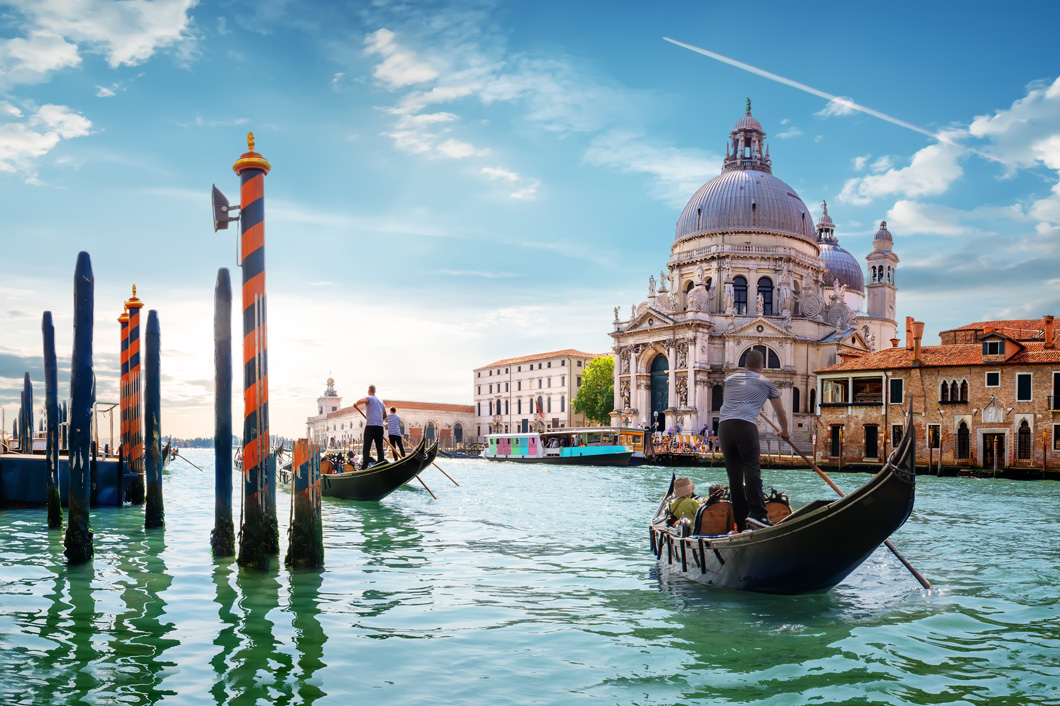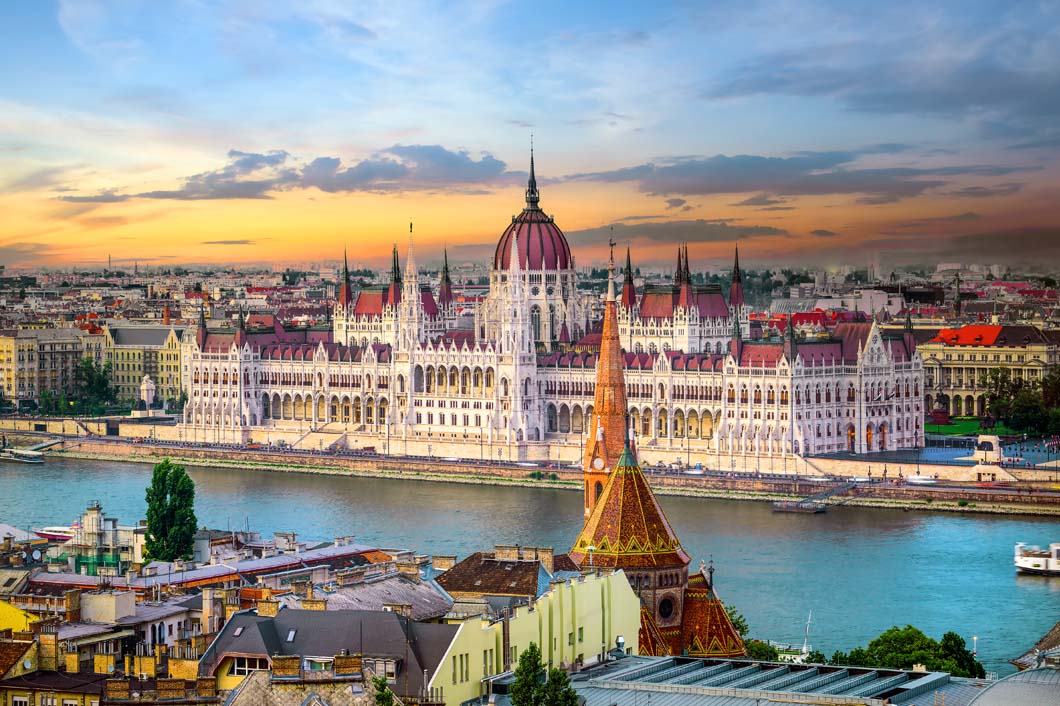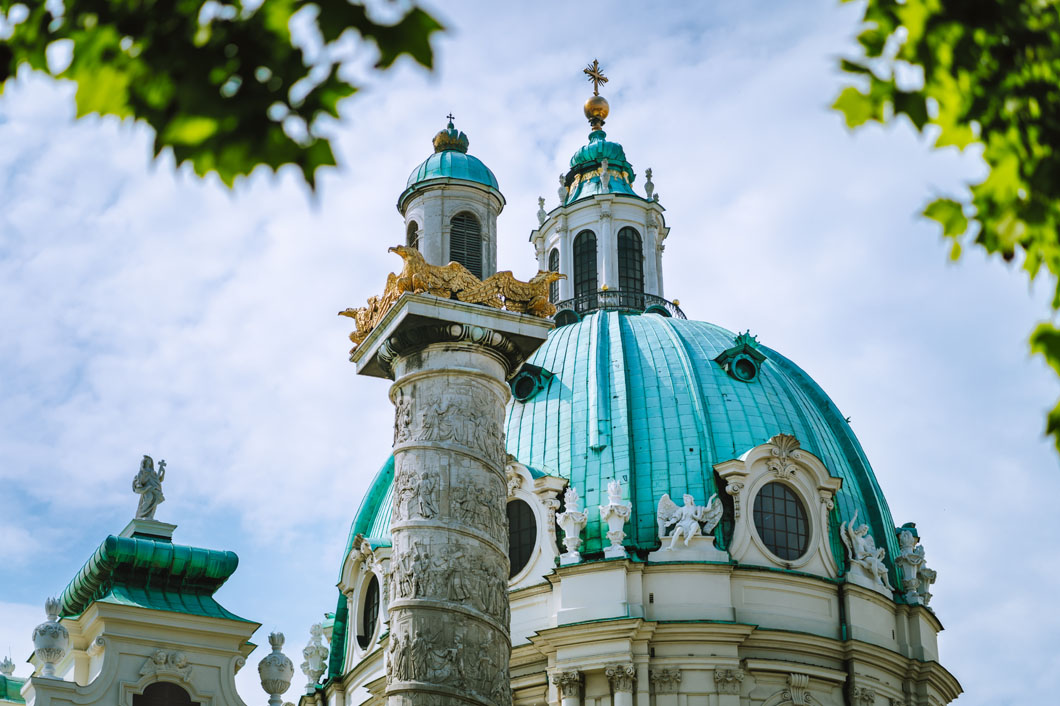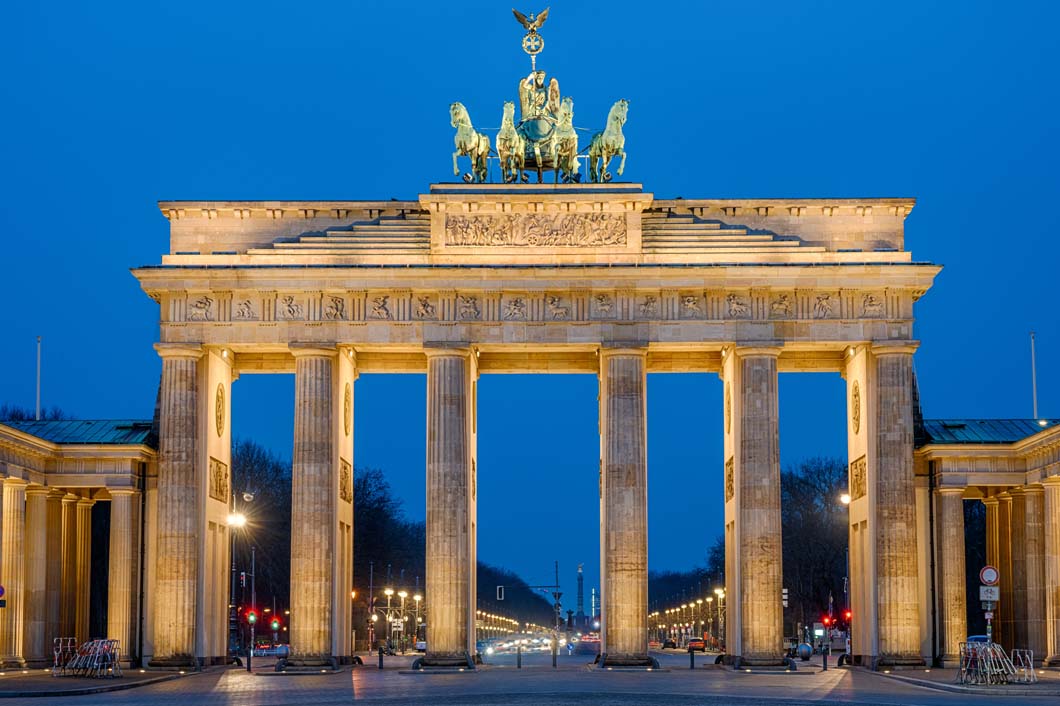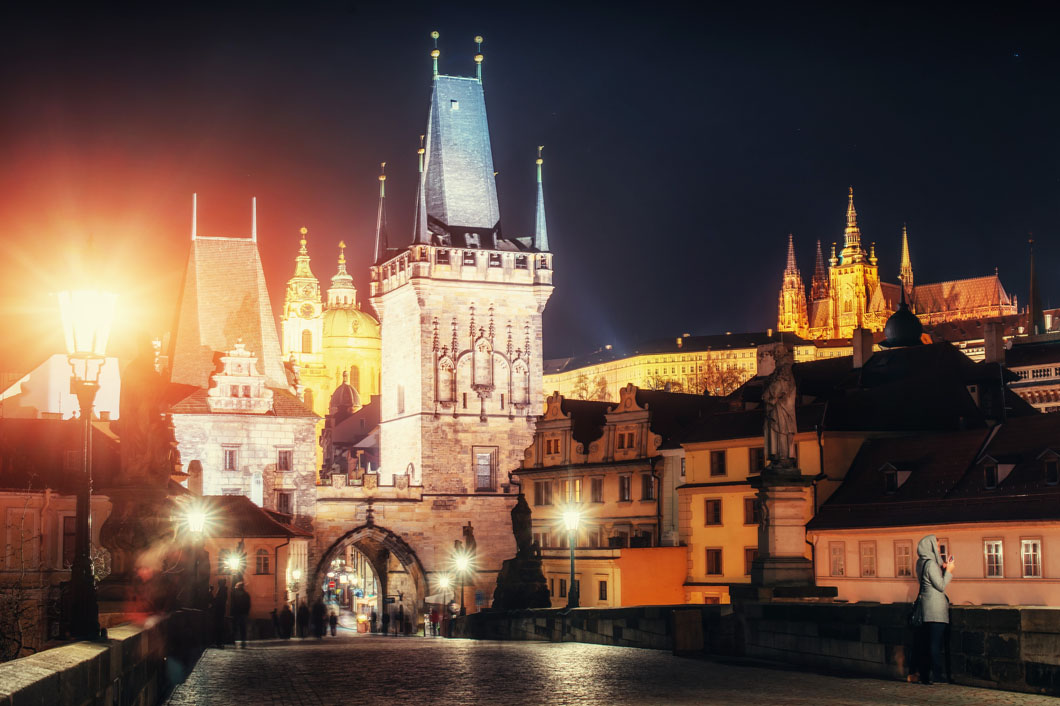Middle Europe



- Destination Details
Start your trip discovering Berlin, then travel to the storybook city of Prague and visit the Karlštejn Castle. Visit Krakow, the hometown of Giovanni Paolo II, and the Tatra Mountain. Continuing your tour by discovering Budapest and Wien, a bustling city known for wiener schnitzel and world-famous composers, you’ll find the mood-boosting power of music and conclude your time in the unique Venice.
- Itinerary
Day 1: Transfer from Barcelona airport to the hotel.
Day 2: Guided morning tour and free afternoon.
Day 3: Departure to Zaragoza with a guided visit of the Monastery of Montserrat.
Day 4: Guided morning tour of the city and departure to Lourdes. Photo stop at pilgrimage bridge.
Day 5: One full-free day immersion praying in Lourdes.
Day 6: Departure to Santander with a guided tour of the city.
Day 7: Departure to Santiago de Compostela.
Day 8: One full-free day praying in Santiago.
Day 9: Departure to Fatima, with Porto’s visit.
Day 10: One full-day immersion praying in Fatima.
Day 11: Departure to Lisbon, with a visit at the UNESCO heritage of Batalha.
Day 12: Guided morning tour of the city and free afternoon.
Day 13: Departure to Airport.
- Included
- Hotels min. ¾ star
- All Dinner and breakfast
- Tickets
- Transportation with Luxury long distance coach
- Expert Local guide
- Entrances
- Ferry as programs
- Guided sightseeing
- Fee
- Excluded
- Flight ticket
- Lunch
- Tips
- Itinerary
Day 1: Transfer from Berlin airport to the hotel.
Day 2: Guided tour of the city and free afternoon.
Day 3: Departure to Praha with a guided visit of the city.
Day 4: Morning visit of Karlštejn Castle and free time in Praha.
Day 5: Departure to Krakow with a visit to Auschwitz.
Day 6: Visit the hometown of Giovanni Paolo II.
Day 7: Departure to Budapest with a stop to Tatra Mountain.
Day 8: Guided tour of the city with a free afternoon.
Day 9: Departure to Wien, with a guided visit of Schönbrunn Palace.
Day 10: Guided tour of the city, with a free afternoon.
Day 11: Departure to Venice with a visit to the city.
Day 12: Guided tour of the town with Burano and Gondola tour included a free afternoon.
Day 13: Breakfast and departure to the airport.
- Included
- Hotels min. ¾ star
- All Dinner and breakfast
- Tickets
- Transportation with Luxury long distance coach
- Expert Local guide
- Entrances
- Ferry as programs
- Guided sightseeing
- Fee
- Excluded
- Flight ticket
- Lunch
- Tips
Europe
On February 7, 1992, in Maastricht, Holland, a political and economic treaty was signed that officially gave birth to the European Union.
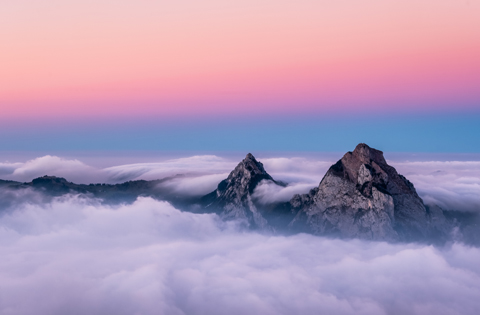
The European Union covers over 4 million square kilometers. France is the largest country, while Malta is the smallest. It has a population of 508 million, making it the third largest country in the world, after China and India.
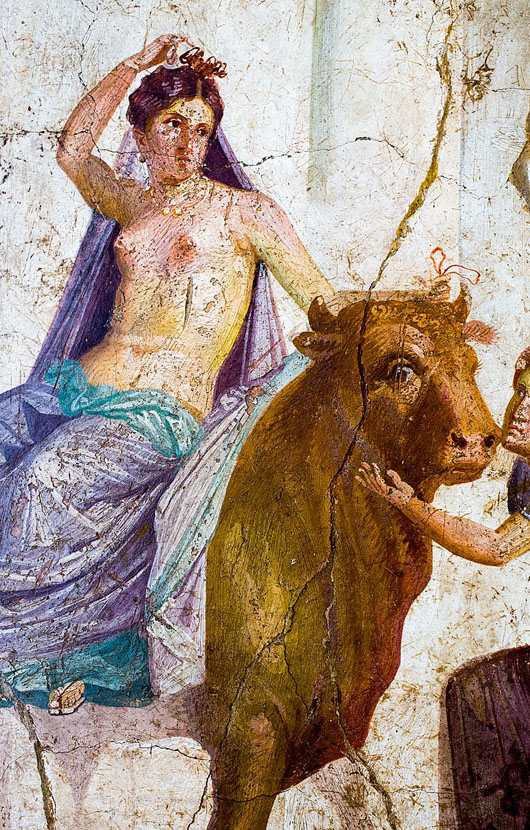
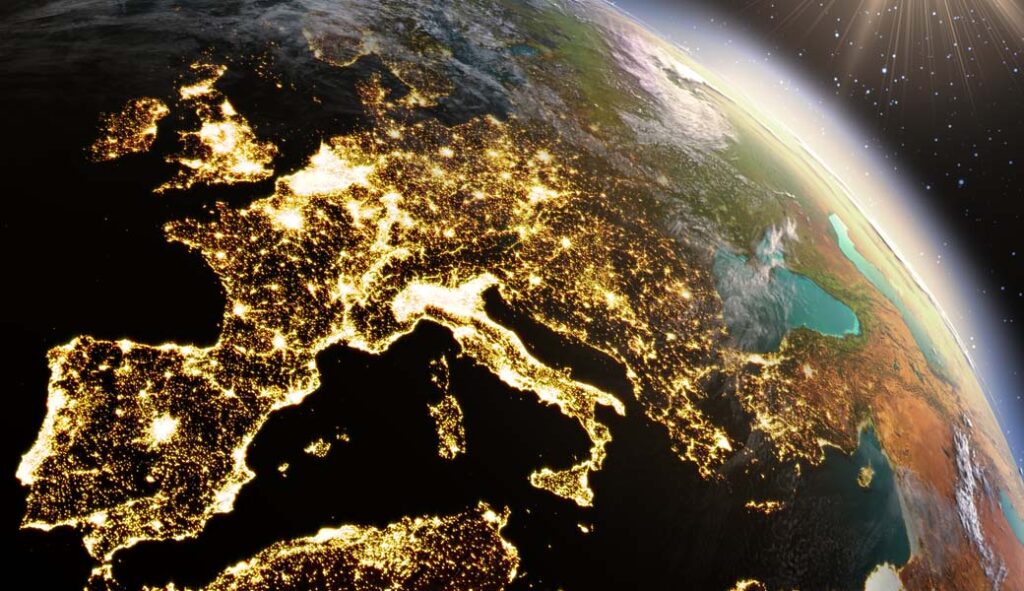
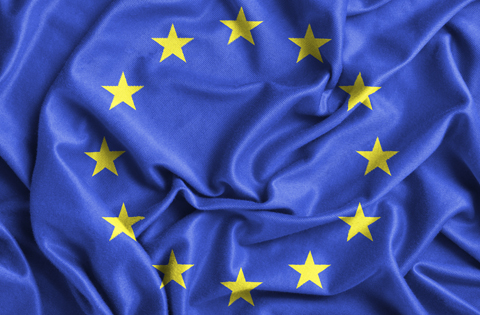

Number of States
28
Kilometers covered
Over 4 millions
Population
508 millions
Languages spoken
200
In Greek mythology, Zeus fell in love with Europa, a Phoenician Princess. Disguising himself as a bull to attract her attention, he carried her out to sea on his back to the island of Crete. The famous 1747 painting, “The Rape of Europa” by François Boucher, is housed in the Louvre in Paris.
Why are there 12 golden stars arranged in a circle on a blue background in the European flag? The number was chosen as a symbol of unity and perfection, while the background is meant to recall the dark blue color of the sky in the Western world.
- Included
- Hotels min. ¾ star
-
Transportation with
Luxury long
distance coach - Ferry as programs
-
All Dinner
and breakfast -
Expert
Local guide - Guided sightseeing
- Tickets
- Entrances
- Fee
- Excluded
- Flight ticket
- Lunch
- Tips

